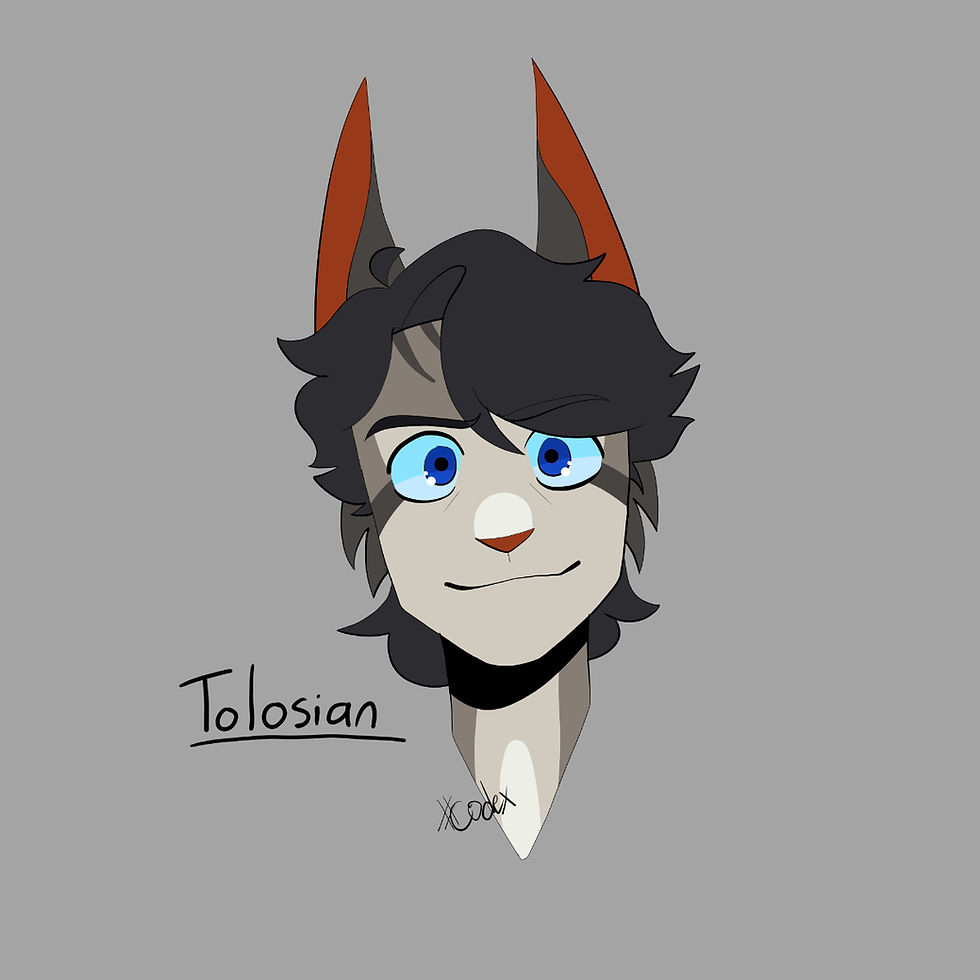Use Your Intuition In Writing Fiction: Accept It, Process It, Harness It
- Leeyanne Moore

- Apr 10, 2024
- 4 min read
Updated: Apr 15, 2024

What to do with an element of your book that isn't working?
"This isn't working," I said.
"But it has to be here," Tristan said.
This is the conversation I was having with one of my adult clients.
I said to Tristan: "I accept that, but it's so hard to leave something in the scene when it's not working. You do realize it's not working, right?"
We were talking about a moment in his book. Amidst some unpleasant characters he had deliberately written to be unheroic there was one character that I really liked. Yet in this particular scene, that character slipped into a bit of inner monologue that revealed he was very different from what he seemed to be on the outside.
That sounds like a highly engaging moment, doesn't it? But the way Tristan had written it, the thoughts just hung there, dangling in awkwardness, and jarringly different from all the rest. It just didn't work. Yet if he said it had to be there, then it had to be there. Each writer is the ultimate arbiter--for better or for worse--of their own book.
It's a gift
Amidst the general pain of a first draft, sometimes you have no idea why your subconscious wants you to put that there. That meaning, that character, that choice. Tristan didn't know why he wanted the character's true nature revealed to the reader at that precise moment. Or why the character had to have this particular wrinkle in his make-up. Yes, Tristan admitted it wasn't working. At the same time, his gut insisted it needed to stay. He has, in general, good writer's instincts. He's realized many times that his choices are mistakes and when he's unsure, then I weigh in. Yet this choice came with a very strong feeling of certainty.
But he didn't understand how to make it work. So we left it. We kept working on other parts of the novel. A month later, I had a revelation. "Oh! So that's what the character's roll is in the book!" My understanding helped articulate his understanding. I helped him make the scene work with some clever tactics that help show something to the reader, but at the same time help the reader ignore the deeper implications and it's not until late that they are hit with a stunning reveal that indicates something they knew but were ignoring all along. We sailed along after that, full of confidence and giddy over the book's potential.
This was a learning moment for me. As a writer, I recognize I'm a lot like Tristan. I receive gifts from my subconscious all the time. It feels good to recognize how my brain works and accept these gifts as a part of my writing process, especially in the beginning.
Yet, turning to my own novel, I also realize accepting gifts is a two part process. Part one: accepting the gift, even if it's not working. Part two: figure out the tools needed to make it work.
Part Two: Understand the tools in your story to make the gift work.
In the same way a cat can offer you the gift of love by leaving the head of a critter on your porch, you may appreciate the gift from your imagination, but not know what to do with it, exactly.
My own book begins with a journey, yet there's much juicer plot point that happen later on, when the characters reach an island. So why include the journey? Why not lop it off and dive into the juicy bits immediately?
Without understanding why the journey was there, I, as the author kept second guessing myself. I couldn't seem to have any confidence in moving forward, but I also couldn't imagine the story without that opening. I just kept rewriting and rewriting the beginning chapters. All the while, a part of my brain kept saying, "readers aren't going to like this part of the book." I couldn't move on from the beginning of the manuscript until I'd justified the journey and felt readers would find the first chapters highly engaging.
Here's where I went wrong: I didn't fully listen to the voice in my head and accept that I had a problem. Acknowledging a problem is the first step to tackling it. For me, tackling it meant talking to other writer friends. I almost always need to verbally process when I hit a snag. The surest sign I need to talk something out is when my daily word count suddenly stalls.
I decided to have a brain storming session with my writing buddies. I presented them with the context of my story. As I explained that the main character was leaving behind her old life and starting all over again in a new location with new people, I realized that the journey marked the transition for her: the death of one dream, and the start of another.
This trip on a boat was the equivalent of her crossing with Charon in his ferry over the river styx.
It was a necessary part of the story, marking the boundary between her old life and the new life she was headed towards.
It was a revelation!
Don't second guess yourself to death. If you don't have clever writer friends to talk to, sign up for a free consultation with me. Let's talk about your novel project and what 'gifts' you're struggling to make work.
Have a great week! Feel free to leave comments or questions below.
As always, if you or someone you’re raising is interested in writing a big project, you can let me know in the contact form and we can chat about you/your learner and the project to see if I can help.












Comments